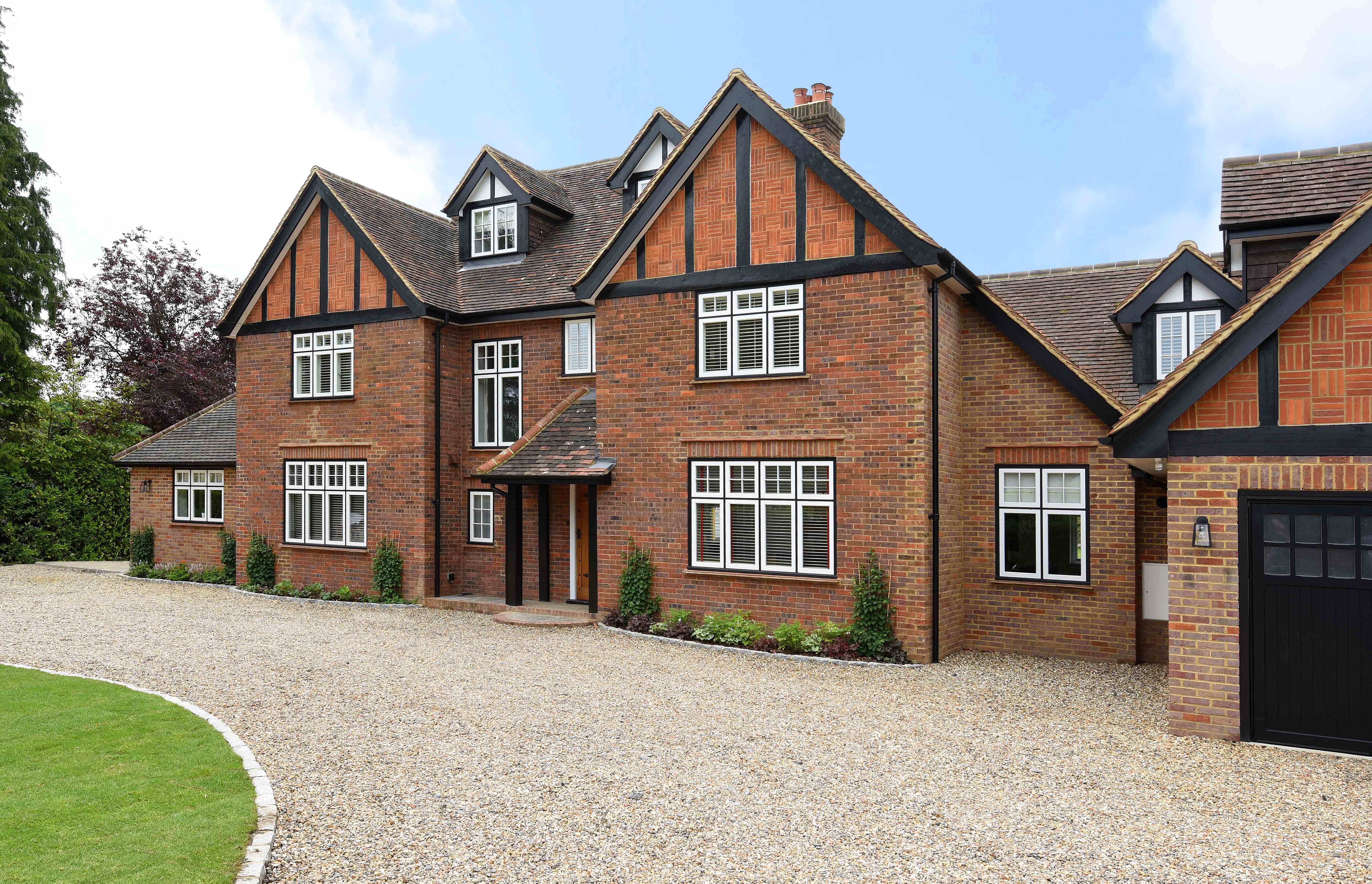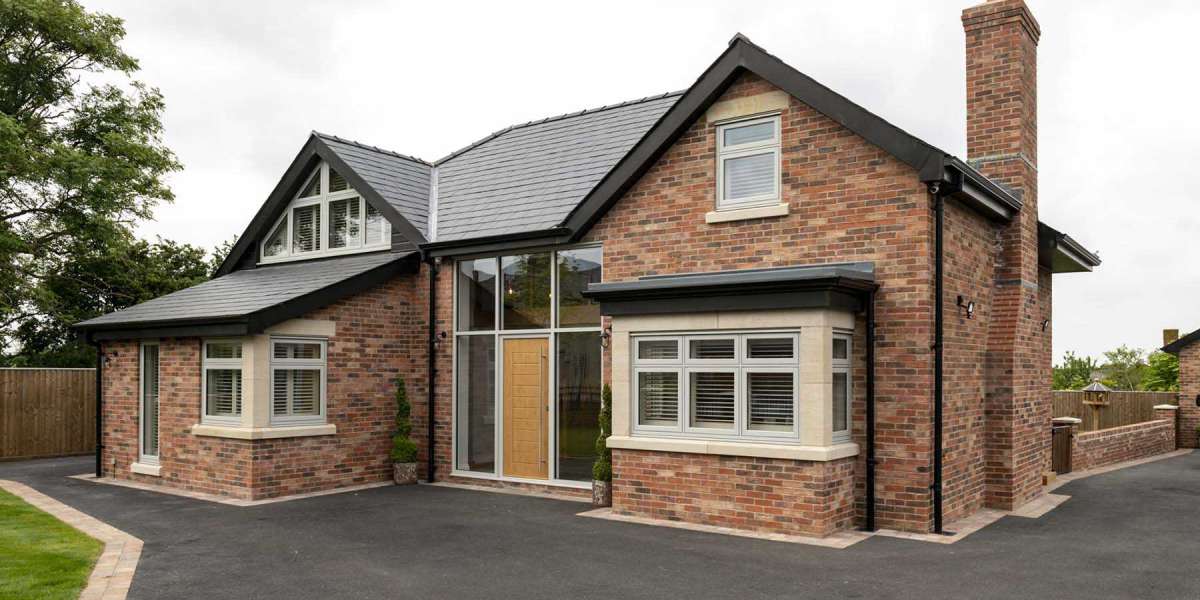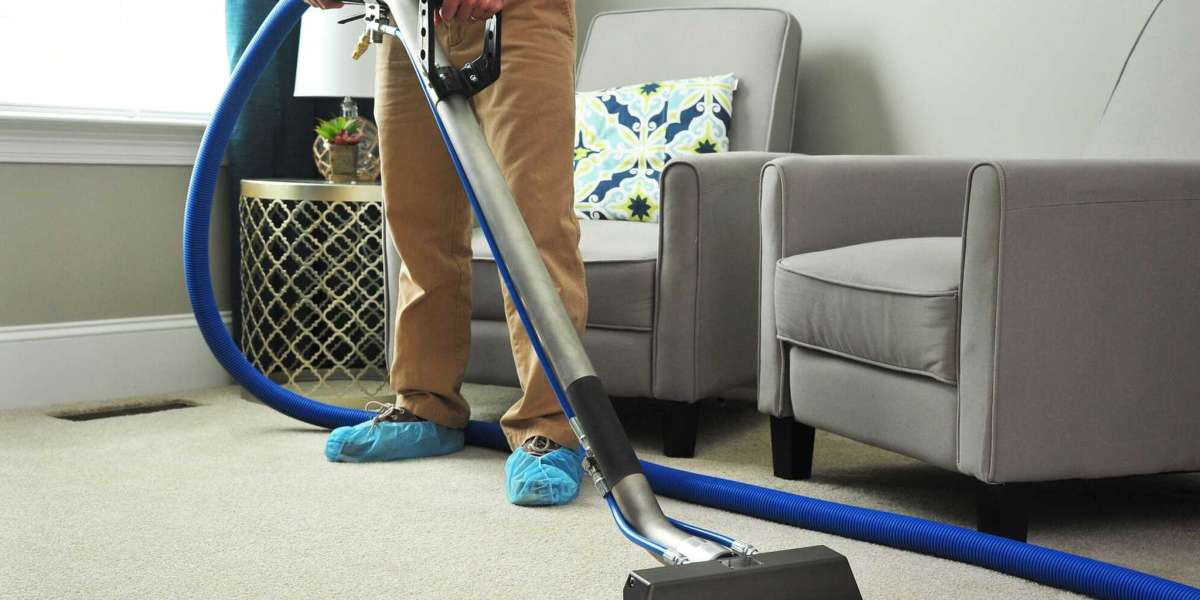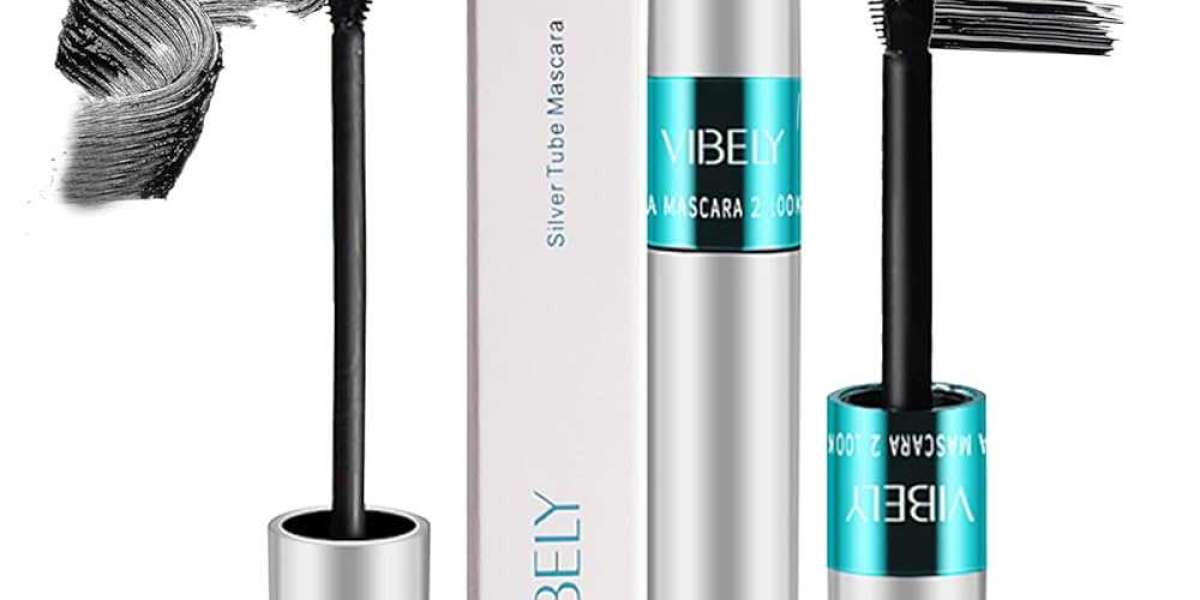Aluminium windows are becoming increasingly popular in modern architecture and home design due to their durability, versatility, and aesthetic appeal. This report explores the characteristics, benefits, types, and maintenance of aluminium windows, providing a comprehensive overview for homeowners, builders, and architects alike.
Characteristics of Aluminium Windows
Aluminium windows are made from a lightweight yet strong metal that offers several advantages over traditional materials such as wood or vinyl. One of the key characteristics of aluminium is its resistance to corrosion, rust, and warping, making it an ideal choice for various climates. Additionally, aluminium can be easily extruded into various shapes and sizes, allowing for a wide range of design options.

Another notable characteristic is the thermal efficiency of aluminium windows. While aluminium is a good conductor of heat, advancements in technology have led to the development of thermally broken frames. These frames include a plastic section that separates the interior and exterior aluminium, significantly reducing heat transfer and improving energy efficiency.

Benefits of Aluminium Windows
- Durability: Aluminium windows are highly durable and can withstand extreme weather conditions without degrading. They are resistant to rust, corrosion, and fading, ensuring a long lifespan with minimal maintenance.
- Low Maintenance: Unlike wooden windows that require regular painting and sealing, aluminium windows require very little maintenance. A simple wash with soap and water is usually sufficient to keep them looking new.
- Energy Efficiency: With the introduction of thermal breaks, aluminium windows can offer excellent insulation properties. This helps in reducing energy bills by maintaining a stable indoor temperature.
- Aesthetic Versatility: Aluminium windows come in a variety of styles, colors, and finishes, allowing homeowners to customize their appearance to match their home’s design. They can be powder-coated in any color, providing endless design possibilities.
- Security: Aluminium windows are known for their strength and durability, making them a secure option for homes. Many models come with advanced locking mechanisms to enhance security further.
- Eco-Friendly: Aluminium is a recyclable material, making aluminium windows an environmentally friendly choice. At the end of their life cycle, they can be recycled and repurposed, minimizing waste.
Types of Aluminium Windows
Aluminium windows are available in various styles and configurations to suit different architectural designs and functional needs. Some of the most common types include:
- Casement Windows: These windows are hinged on one side and open outward, providing excellent ventilation and unobstructed views. They are often used in modern homes for their sleek design.
- Sliding Windows: Sliding aluminium windows consist of two or more sashes that slide horizontally. They are ideal for spaces where ventilation is needed without taking up additional space, such as patios or balconies.
- Awning Windows: Hinged at the top, awning windows open outward, allowing for ventilation even during rain. They are often used in combination with other window types for enhanced airflow.
- Hopper Windows: These are similar to awning windows but are hinged at the bottom and open inward. They are often used in basements or as secondary windows in combination with other styles.
- Fixed Windows: Fixed aluminium windows do not open and are used primarily for aesthetic purposes or to provide natural light in areas where ventilation is not needed.
- Bi-Fold Windows: Bi-fold windows consist of multiple panels that fold back against each other, creating a wide opening. They are popular for connecting indoor spaces with outdoor areas.
Installation of Aluminium Windows
Installing aluminium windows requires careful planning and execution to ensure optimal performance and aesthetics. It is advisable to hire a professional installer experienced in working with aluminium products. The installation process generally involves:
- Measurement: Accurate measurements of the window openings are crucial to ensure a proper fit. This step often involves removing old windows and preparing the opening.
- Preparation: The installation area must be cleared of debris and any old framing materials. Proper flashing and sealing techniques are essential to prevent moisture infiltration.
- Fitting: The aluminium window is placed into the opening and secured. This may involve shimming the frame to ensure it is level and plumb.
- Sealing: Once the window is fitted, it is sealed with appropriate weatherproofing materials to prevent air and water leaks.
- Finishing Touches: After installation, any necessary trim or finishing materials are applied to complete the look.
Maintenance of Aluminium Windows
While aluminium windows are low maintenance, some care is necessary to ensure their longevity and performance. Here are some maintenance tips:
- Regular Cleaning: To maintain their appearance, aluminium windows should be cleaned regularly with a mild detergent and water. Avoid abrasive cleaners that could scratch the surface.
- Inspect Seals and Weatherstripping: Periodically check the seals and weatherstripping for signs of wear or damage. Replacing these components promptly can prevent energy loss and water infiltration.
- Lubricate Moving Parts: For windows with moving parts, such as sliding or casement windows, lubrication of hinges and tracks can ensure smooth operation.
- Check for Corrosion: Although aluminium is resistant to corrosion, it is still advisable to check for any signs of corrosion, especially in coastal areas where salt air can be a factor.
- Paint Touch-Ups: If the powder-coated finish gets scratched, it may be necessary to touch up the paint to prevent corrosion. Use a matching paint specifically designed for aluminium.
Conclusion
Aluminium windows offer an excellent combination of durability, aesthetic appeal, and energy efficiency, making them a popular choice for https://www.fensa.org.uk/installers/ideal-glass-limited modern homes. With various styles and types available, they can be tailored to meet the specific needs of any architectural design. While they require minimal maintenance, regular care will ensure that they remain functional and visually appealing for years to come. As homeowners and builders continue to seek sustainable and efficient building materials, aluminium windows are likely to remain a leading choice in the market.







